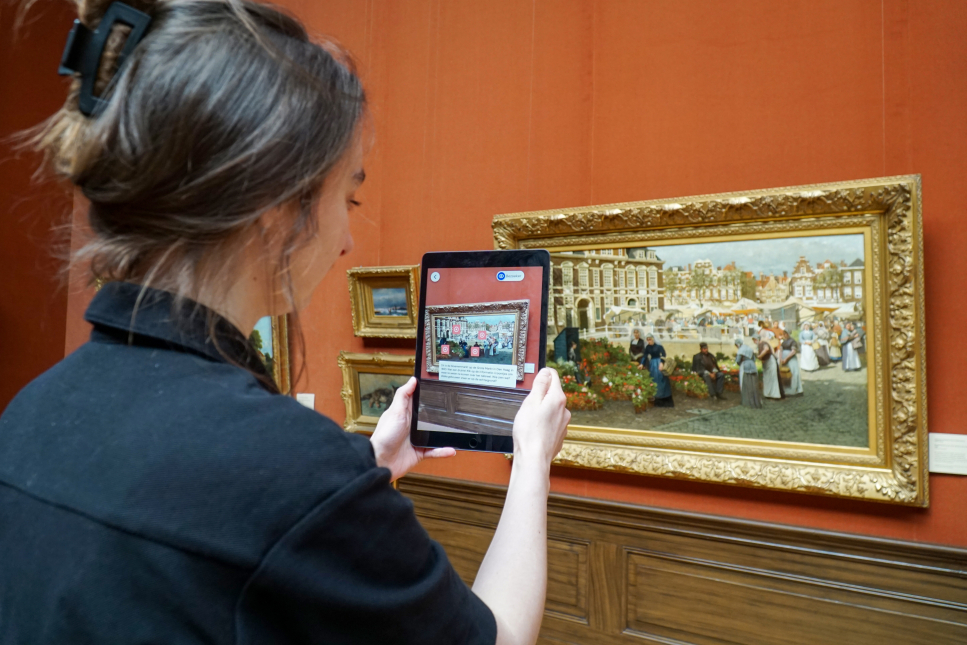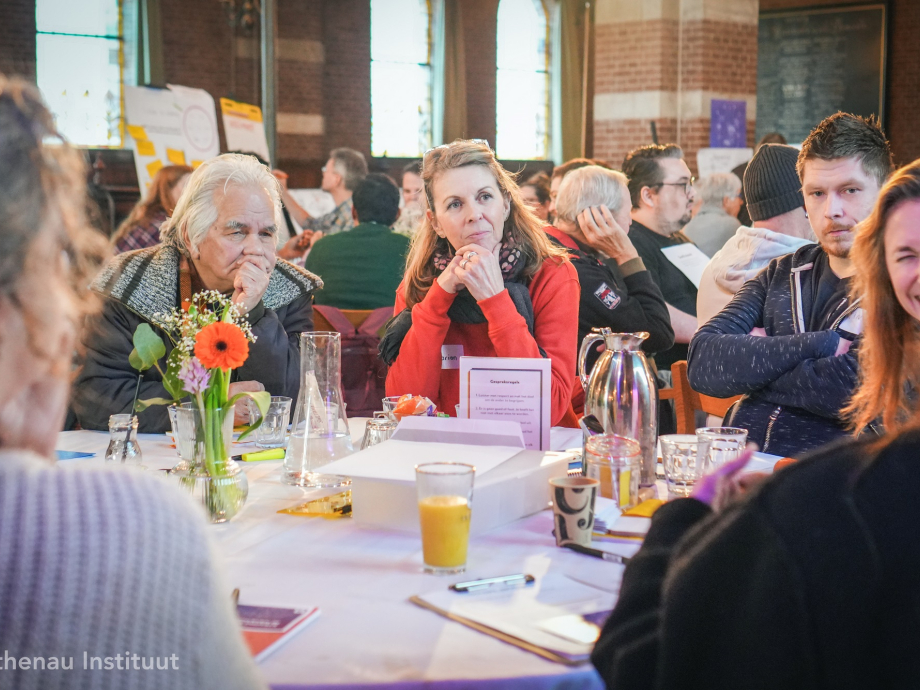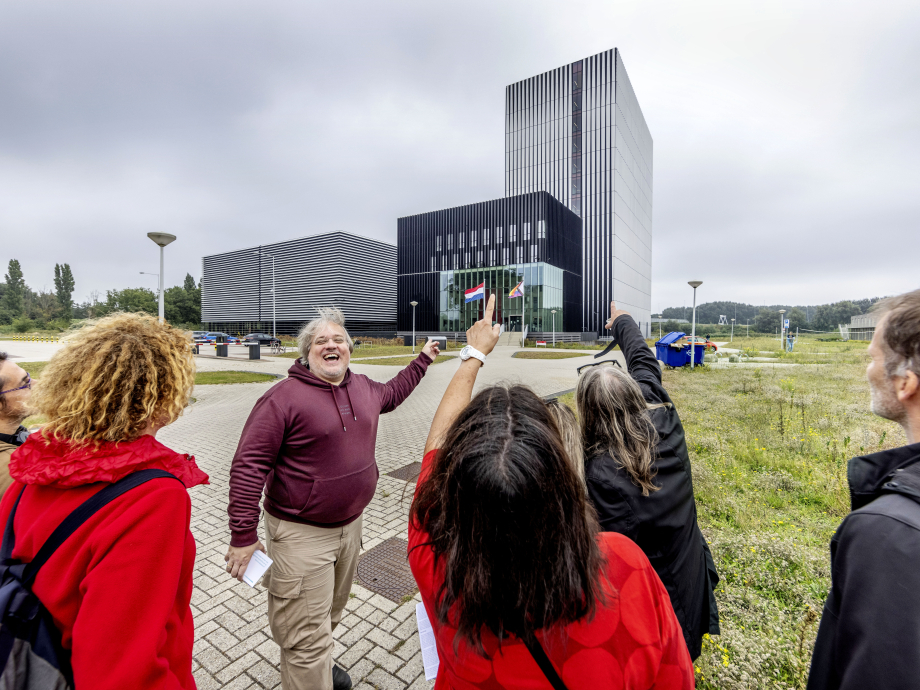Digitalisation
Digitalisation has been underway for decades now and seems to have a momentum of its own, but there are countless choices that need to be made when applying and deploying digital technology. In addition to the benefits, we are now ever more aware of the downsides. In the past two years, we showed how emerging technologies such as generative AI, quantum technology, and immersive technology have an impact on values such as privacy, autonomy, and health.
At the current stage of digitalisation, there are two specific developments that demand our attention. First, digital technology is getting more and more ‘up close and personal’. For instance, artificial intelligence and immersive technology are increasingly able to mimic human and social behaviour. This has implications not only for our relationship to technology but also for our
relationships to one another. Second, technology companies are gaining more and more influence in such areas as education, the media, and science. This dominant position is increasingly interfering with the way democracy and the rule of law can function.


